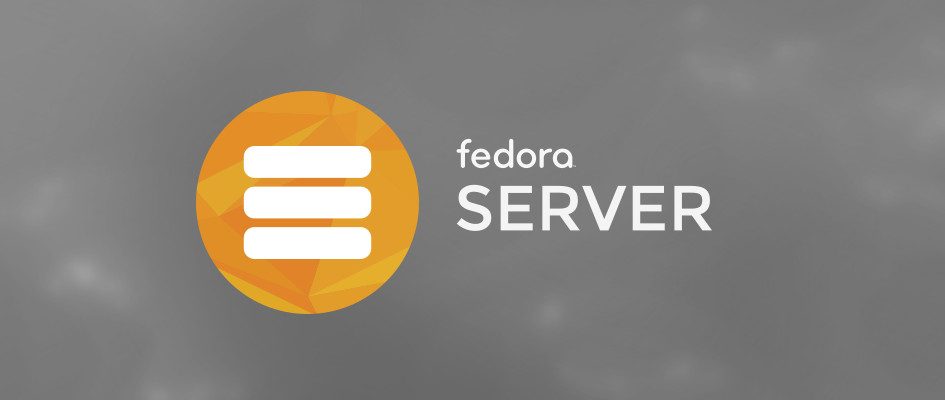Summary
The Fedora Project just released the beta version of Fedora 27, including Fedora Workstation and Fedora Atomic Host. Since Fedora ships with three editions, you may be wondering: where’s Fedora 27 Server beta?
The short answer: it’s coming soon. Remember Boltron, the Modular Server Preview from a few months ago? The Fedora Server team has been building on feedback from that preview and plans to make the next Fedora Server release based on this technology. But, the team also wants to make sure it would be actually useful to you, not just another preview. And, when it came time to make the general beta release, the team decided it wasn’t ready yet.
Waiting For Fedora Modular Server
The Modularity project was designed to allow shipping different parts of the projects on different timelines. So, the Server team is starting that now — expect a Fedora 27 Server beta powered by Modularity in a few weeks. The general Fedora 27 release will come in early November, and then Fedora 27 Server will arrive in final form about a month later.
Once all of the planned content is in place, Modularity will allow users to choose different streams of runtimes and applications, allowing base operating system updates without disruption to workloads.
Existing Fedora Server Users
If you’re running Fedora Server 26 (or earlier), you have three options:
- Wait a little bit and migrate to new Fedora Server when that’s available. Note that there’s no upgrade path for this, yet. The team does plan to make upgrades from older Fedora Server releases to modular Server work in the Fedora 28 timeframe.
- When general F27 is released, do a normal
dnf system-upgrade
— this will get you a non-modular system updated with Fedora 27 packages.
- Or, you could stay on F26 until it reaches its end of life sometime around June, 2018. The team plans to have a smooth upgrade path to the Modularity-based Server by then.
Fedora as a Server, but not Fedora Server Edition
Many people run a Fedora operating system in a server-like context, but don’t really take advantage of Server Roles and the various tailored features Fedora Server provides. If this is you, this change doesn’t really affect you much. You can upgrade your running system as usual, or for new deployments, take a look at the “Everything” netinstall, or else maybe Fedora Cloud Base. The netinstall approach is particularly well-suited to automated kickstart installation.
Be aware that the “Everything” netinstall image uses ext4 and a non-server-oriented partitioning scheme by default; be sure to change these as you install or in your kickstart files.
What about the lifecycle?
Although the team’s not quite ready to commit to an entirely different lifecycle for Fedora Server yet, this is a step on that path. At this time, expect Fedora 27 Server to reach end of life at the same time as the rest of Fedora 27.






Toby Ovod-Everett
Will Fedora Server 25 be maintained until one month after the release of Fedora Server 27, or only until one month after the release of Fedora Workstation 27?
V
The modularity components is a great feature for fedora server 27 and i think many will take the risk install the beta stage of a server 🙂
Leslie Satenstein
Just completed my tests with Fedora27. My major concerns, after testing the version of one week back, was put aside as all my concerns were addressed. This version of Fedora, version 27 looks to be as good as my all time high preference , the version 25. Version 26 was second in my preference list.
I am now waiting impatiently for the official release.
V
for a mysterious reason after fedora 13 i had the less problems with the uneven releases (25,23,21,17) … while i still have on duty (not online) a fedora 8 server 🙂
is there something on releases that explains this ?